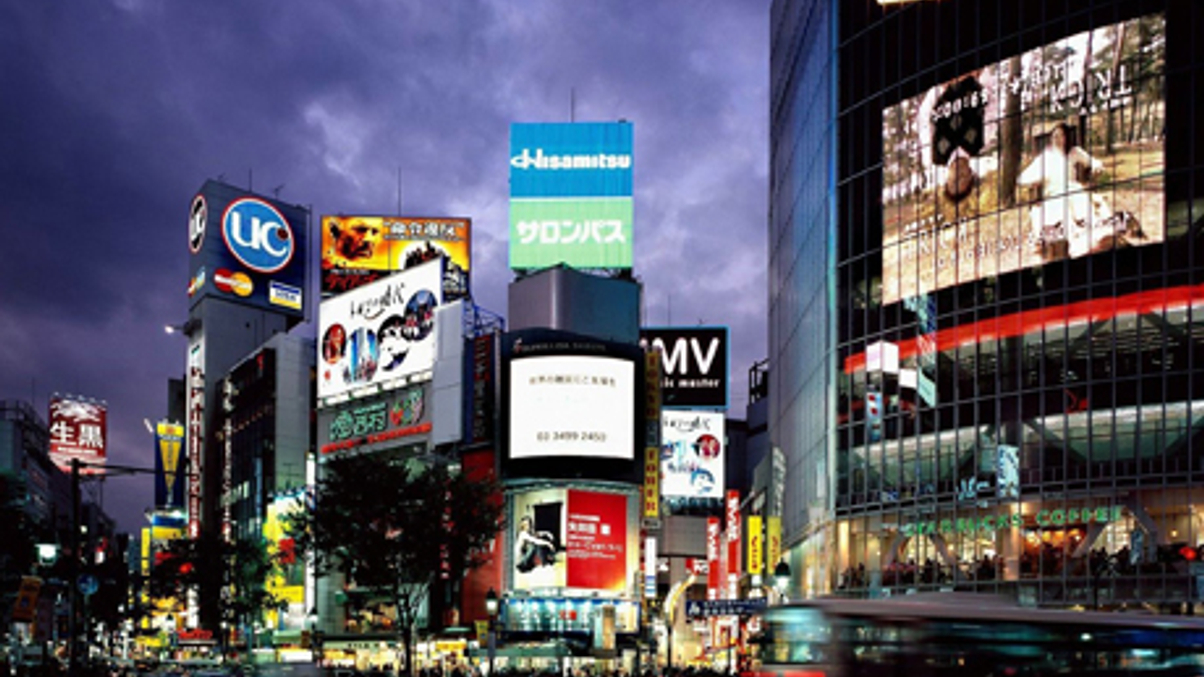Japan’s property market gaining insto attention
The likelihood of a prolonged global dip in interest rates is reviving demand for the country's real estate among domestic and potentially overseas asset owners.

Japanese real estate is beginning to gain the attention and capital of domestic investors and foreign asset owners could follow, as they seek out alternative investments amid signs that low interest rates will continue in the US, say fund managers.
Sign in to read on!
Registered users get 2 free articles in 30 days.
Subscribers have full unlimited access to AsianInvestor
Not signed up? New users get 2 free articles per month, plus a 7-day unlimited free trial.
¬ Haymarket Media Limited. All rights reserved.


